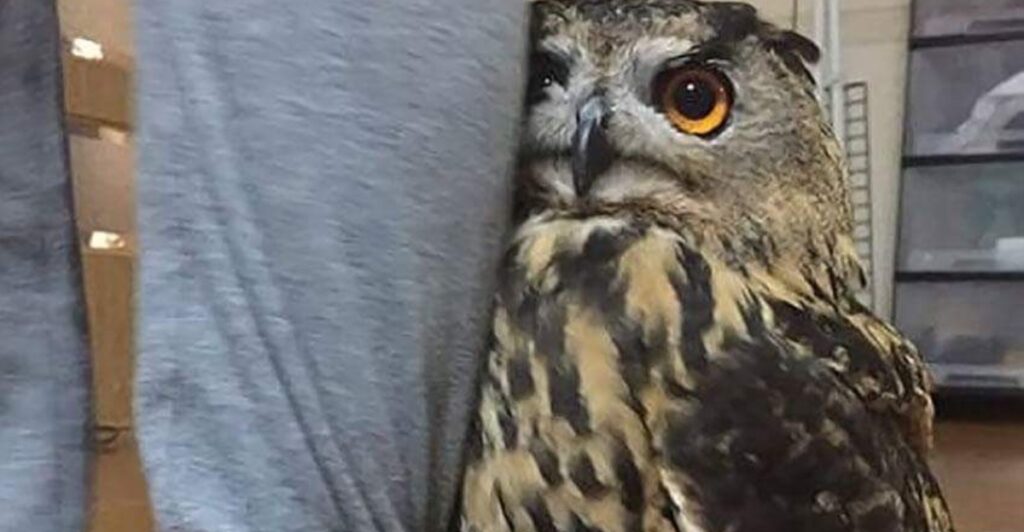
Exotic animals can be a fascinating alternative to traditional pets like cats and dogs. While species like reptiles, birds, and undomesticated mammals may seem intriguing, the care involved is often more complex than with conventional pets. Exotic pets may require special diets, environmental conditions, and extensive research to ensure their well-being. Anyone considering an exotic pet should weigh the unique advantages and responsibilities of ownership before making a commitment.
What Defines an Exotic Pet?
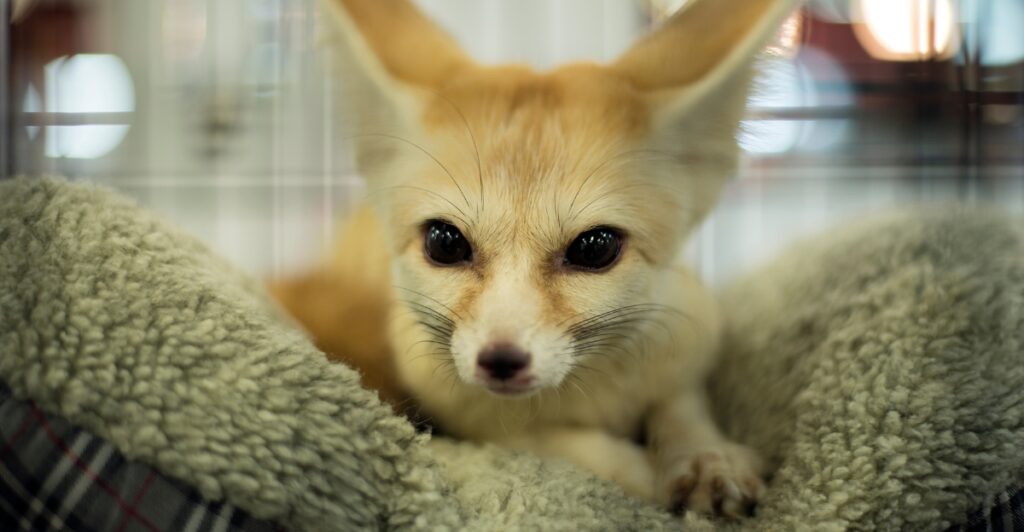
An exotic pet generally refers to any animal that is outside the traditional scope of domesticated pets. These animals can include reptiles, amphibians, tropical birds, or even small animals like ferrets and hedgehogs. They appeal to some people because of their unique traits, colors, and behaviors. However, an animal termed “exotic” doesn’t come without strings attached—often, they come with specific habitat, diet, and health needs that must be met for them to thrive in a home environment.
The Allure of Exotic Pets
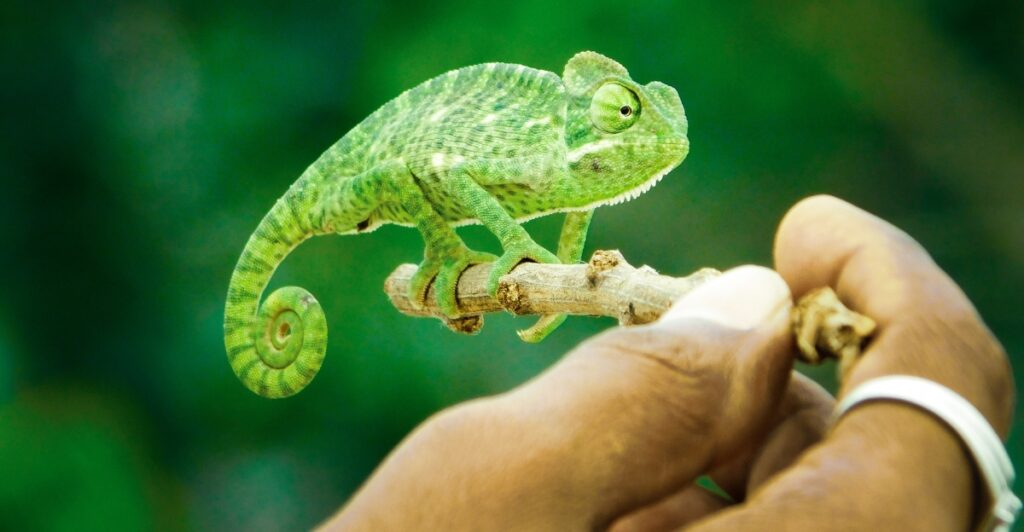
Many people are drawn to exotic pets because they offer a glimpse into a world that is different from everyday life. Animals like chameleons, sugar gliders, or snakes are often considered captivating due to their distinct appearances and behaviors. For those who are passionate about wildlife, keeping an exotic pet allows them to connect with a creature that is rare or unusual in their region. However, this allure also comes with a responsibility to ensure that these pets are kept in conditions that mimic their natural environments.
The Role of Social Media
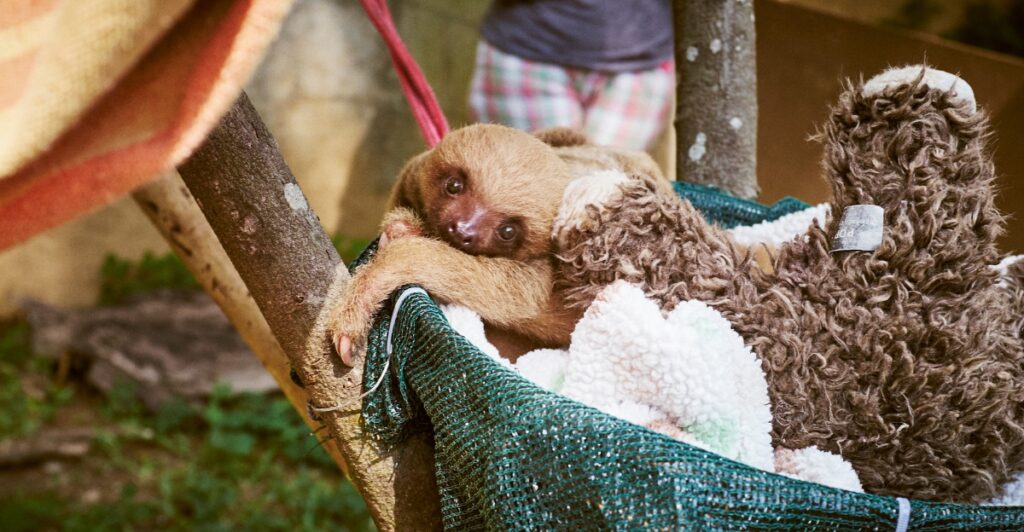
Social media platforms have played a key role in shaping the popularity of exotic pets. The abundance of images and videos of rare or unusual animals, such as baby sloths or brightly colored frogs, can spark interest and make these pets seem easy to care for. But these visuals often omit the practical challenges involved in keeping such animals, like maintaining their diet or providing the right habitat. Those interested in exotic pets should do extensive research beyond social media to make well-informed decisions.
Legal and Ethical Issues
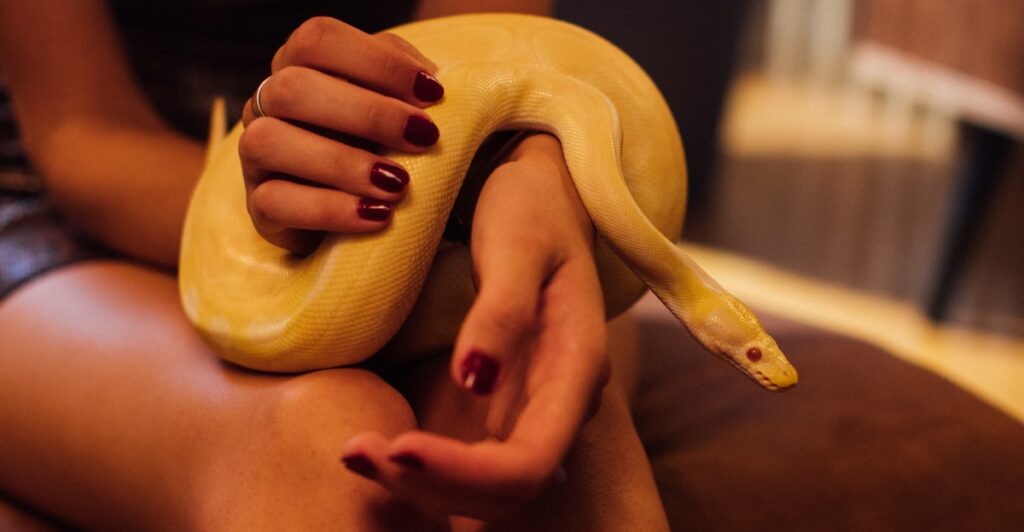
Exotic pet ownership requires navigating legal regulations that vary by country and region. Some species are illegal to own due to concerns about the environment or the potential risk to public safety. Additionally, ethical questions arise when considering the origins of these animals, especially if they were taken directly from the wild. To make responsible choice, prospective pet owners should ensure that the animals they acquire are bred in captivity and legally obtained, which helps protect both the pet and the ecosystem.
The Educational Benefit
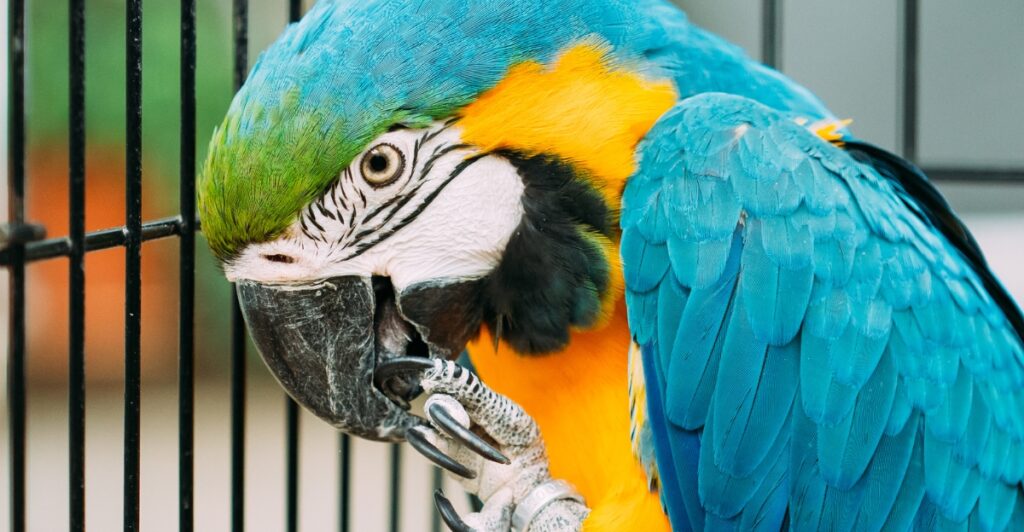
Caring for exotic pets often involves learning about a species’ natural behaviors and habits. This can be a deeply enriching experience, as owners gain a better understanding of animal biology and ecology. For example, observing a reptile’s thermoregulation or learning how to train a bird to mimic sounds can be fascinating. However, this knowledge comes with the realization that these animals require specialized care that may differ significantly from more traditional pets. Their needs should never be underestimated.
Myths and Care Requirements
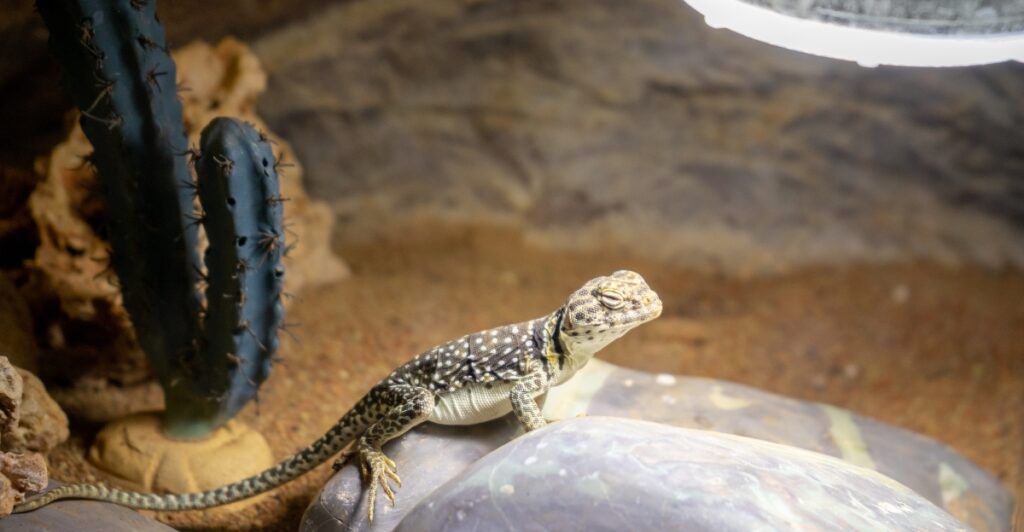
A common misconception about exotic pets is that they are easier to care for than traditional animals. While some species may not need daily interaction, they still require specific conditions to thrive. For instance, reptiles often need specific temperatures and humidity levels to stay healthy, and birds may need mental stimulation and social interaction to remain happy. Owners must learn about the individual care needs of their chosen species to avoid common pitfalls and ensure the animals’ long-term health and well-being.
Risks Associated with Exotic Pets
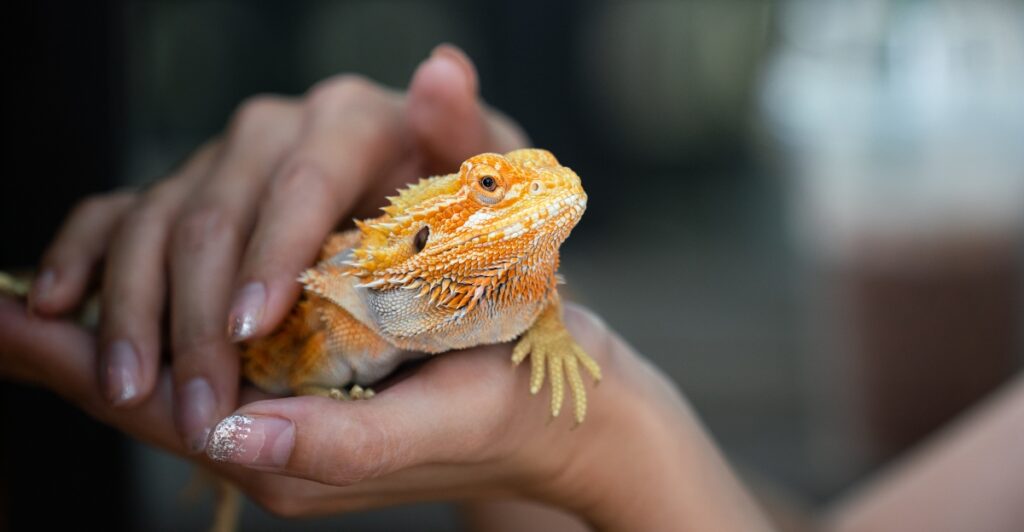
There are several potential risks involved in owning exotic pets, both for the animals and their owners. Some species can carry parasites or diseases like salmonella, which can be transmitted to humans. Additionally, certain exotic animals, especially the larger ones, can pose physical risks if not handled properly. For example, big snakes or lizards may become aggressive if stressed or mishandled. It’s essential for pet owners to fully understand the potential hazards and ensure they are equipped to care for the animal safely.
Environmental Impact and Conservation Concerns
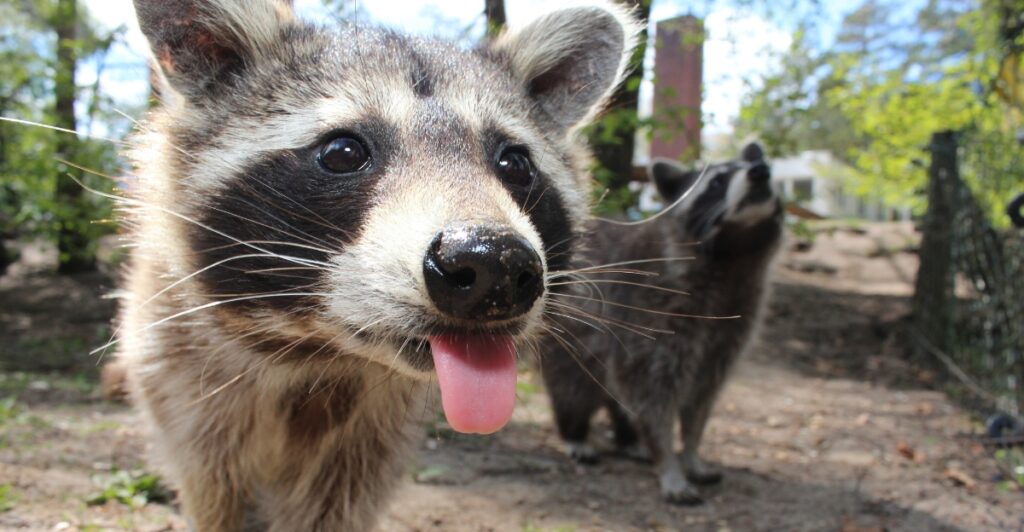
Exotic pet trade often has a negative environmental impact, particularly when animals are captured from the wild. The removal of creatures from their natural habitats can disrupt local ecosystems and endanger populations. The illegal pet trade has contributed to the decline of several species. By making the responsible choice of captive-bred or rescued animals over wild-caught ones, potential pet owners can help reduce the harm caused by the exotic pet industry and support ethical breeding practices.
Longevity and Long-Term Commitment
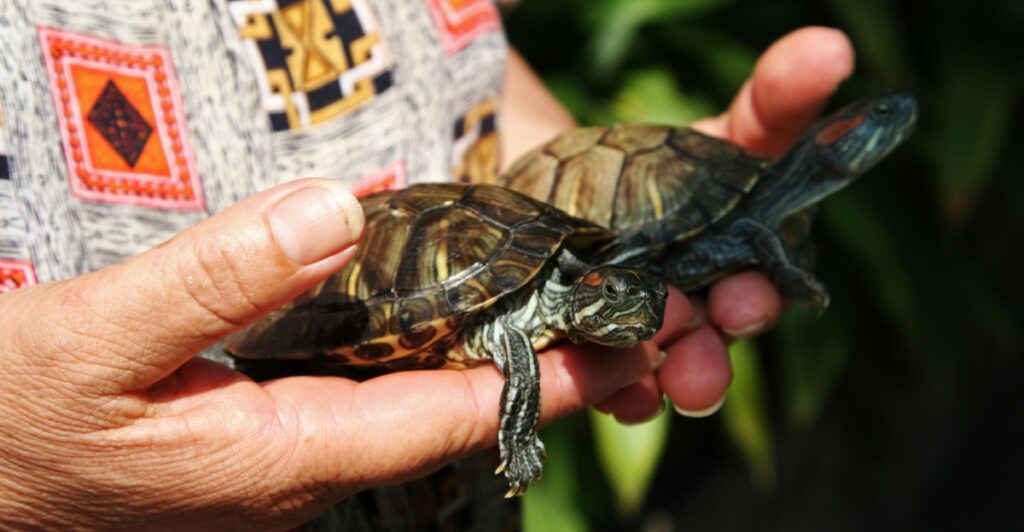
Many exotic pets have long lifespans, sometimes far exceeding that of cats or dogs. For instance, turtles and tortoises can live for decades, and some bird species may live for 50 years or more. This longevity requires owners to consider long-term commitments when acquiring these pets, including future housing and care arrangements. It’s important for prospective owners to plan for the future and guarantee they can provide proper care throughout the pet’s life.
Space Considerations
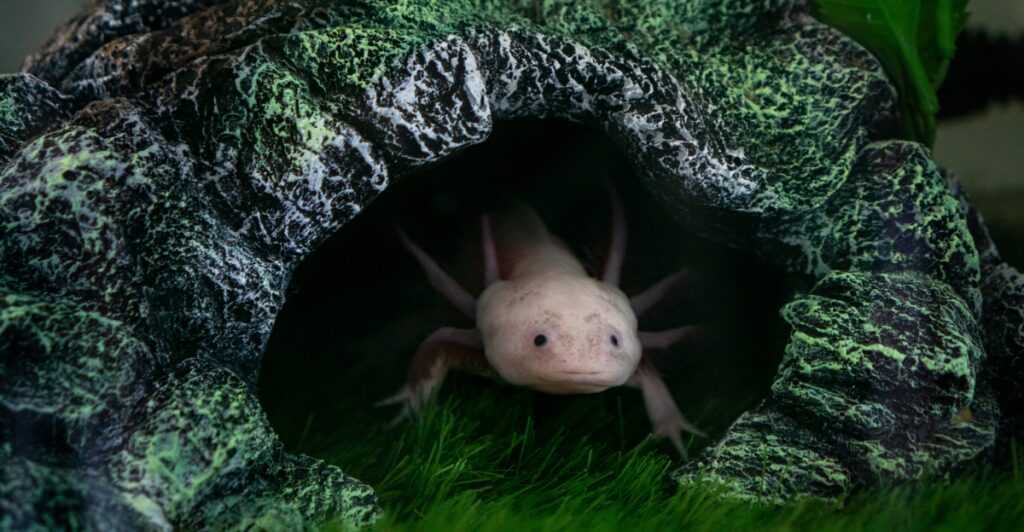
While pets like snakes and geckos can thrive in small spaces, others require larger, more specialized environments. For example, macaw birds may need a spacious cage and regular time outside for flight. Aquatic animals, like fish or amphibians, need tanks with specific water conditions and of appropriate size. Before acquiring an exotic pet, it’s crucial to assess whether your living space can accommodate its needs. Without proper space, these animals may suffer from stress or health issues.
Financial Factors
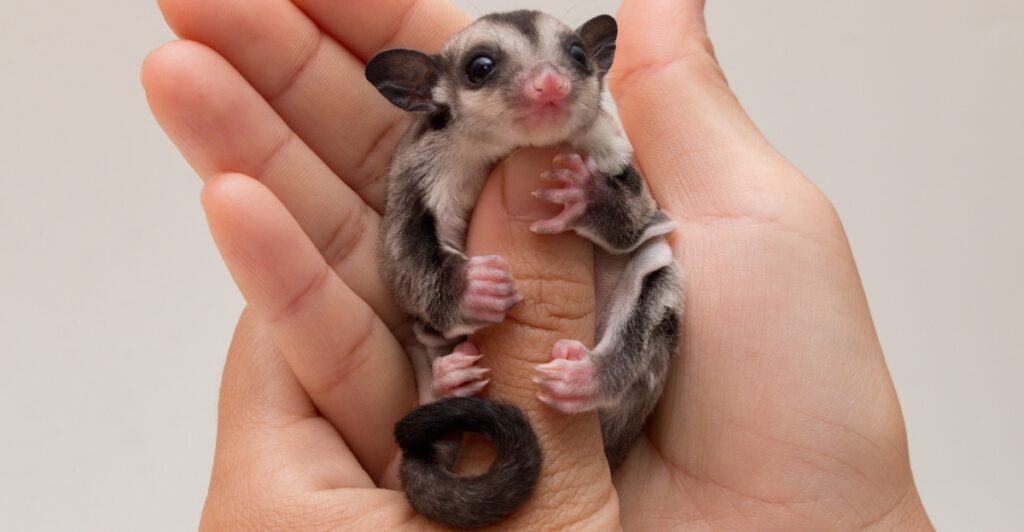
The cost of owning an exotic pet can be higher than that of a more traditional companion. In addition to the initial purchase price, exotic pets may require highly specialized food, habitat equipment, and veterinary care. Some exotic pets also need regular, often expensive, health checks to maintain their well-being. It’s important to consider the ongoing financial investment needed for an exotic pet before bringing one home, as it can be much more than the initial cost.
Building Emotional Bonds with Exotic Pets
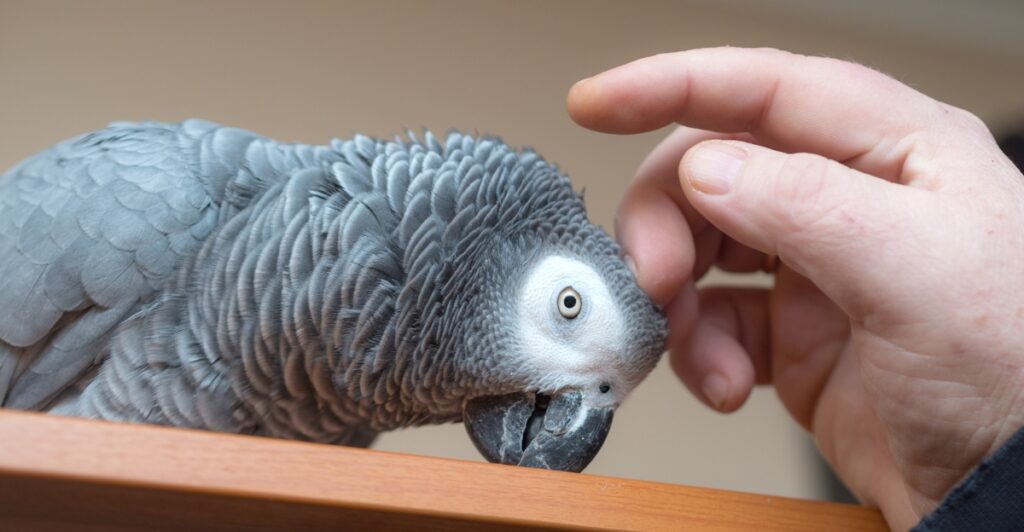
Though exotic pets may not always display affection in the same way as more traditional pets, they can still form meaningful bonds with their owners. Some species, like parrots and guinea pigs, may recognize their caretakers and respond to interaction with trust and curiosity. These relationships are often built on mutual respect and understanding of the pet’s natural behavior. With time and patience, an exotic pet can become a beloved companion that offers a unique and rewarding connection.
Resources:
Stay connected with us for more stories like this! Follow us to get the latest updates or hit the Follow button at the top of this article, and let us know what you think by leaving your feedback below. We’d love to hear from you!







